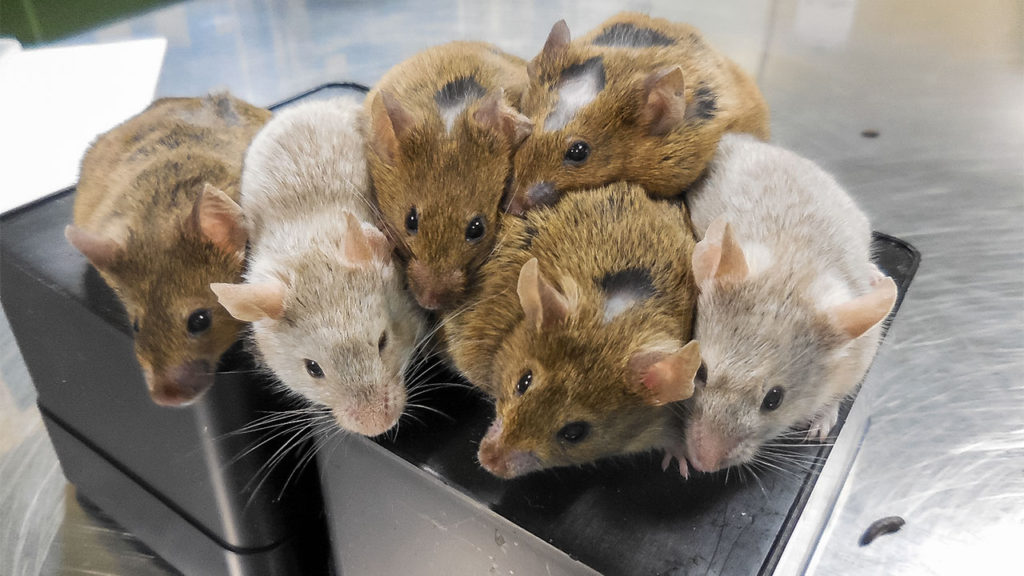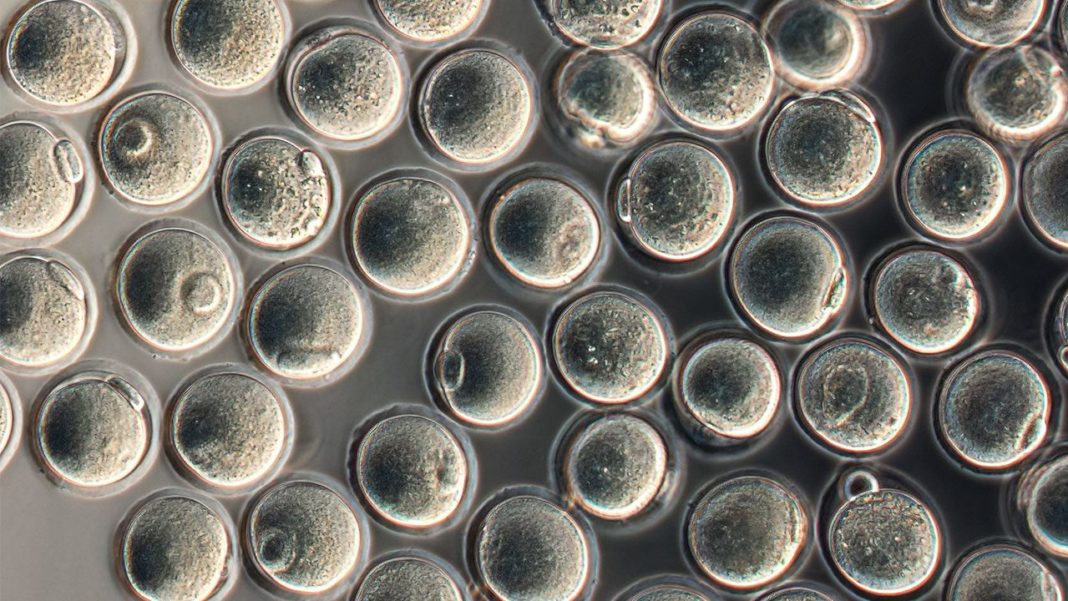This is the first time that researchers have managed to use stem cells to grow fertile mouse eggs cells in a lab dish. After being fertilized and implanted into rodent mothers, the eggs hatched and new baby pups were born. Being the world the world first for this type of experiment will help towards being able to identify genes that are prominent in both egg development and maturation.

O. Hikabe et. al., Nature 538, 7625 (20 October 2016) © MacMillian Publisher Ltd.
During the study, the researchers inserted precursor cells into clusters of cells extracted from fetal mouse ovaries. These were then carefully harvested for a period of around one month. These lab-based ovaries managed to produce, on average, around 50 mature eggs cells each, with over 75% having the correct number of chromosomes. However, when they went on to produce two-cell embryos only 3% of the embryos that were implanted grew to full term pups, and as of yet, the scientists are unsure why this figure is so low. It’s clear there is still further research to be done here, but once scientists do get the process right, it could be a breakthrough for women who suffer from infertility problems.
More News To Read











